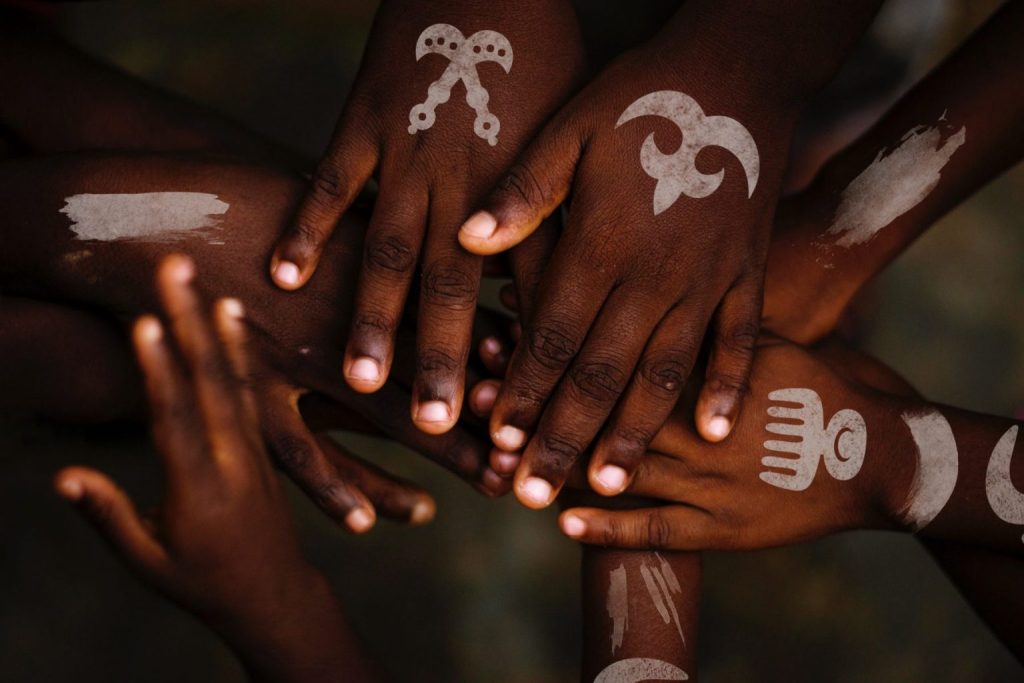TOOLS FOR SUCCESSFUL (FAMILY) RECOVERY: Family Roles in Addiction
During the past 32 years, while working in the field of addictions*, it has become clear to me that the family—rather than one specific person—is the patient. In fact, I have never seen a single person experience permanent recovery from an addiction unless; either the family is healing as a whole unit, or that family is replaced with another solid support system. Family Roles in Addiction, the expression “a chain is only as strong as the weakest link,” applies here. The person afflicted with addiction is only a symptom of a family that also suffers from the addiction. In this type of dysfunctional family, each person takes on different roles (See attached The Players), and as long as those roles are acted out, the family will be at the mercy of its own maladjustment(s).
The recovering person needs a stable support system, and that system acts as a container that (symbolically) holds that person through the early emotional challenges of abstinence and re-adjusting to life. The family also needs support through Al-Anon, education, sponsors, and qualified therapists who are competent in the field of addictions. Sometimes a family is not well enough to be helpful and unintentionally (or intentionally) sabotages a person’s treatment (see attached handout Sabotage or Success?). Sabotaging a person’s recovery may derail their success and facilitate a temporary relapse, and in some cases leads to death. Addiction is an illness of denial, making it difficult to grasp the gravity of the situation. It is far easier to be angry or blame the addict than to get educated and focus on oneself as part of a healing system. Far too many times I have heard comments such as, “I wish I had known more about addictions,” “I didn’t realize how bad it was,” “I never thought he/she would die!” “I can’t believe it was that bad and now my daughter/son/mother/father/spouse is gone!” Most people don’t fully realize that drugs (alcohol, nicotine, legal and illegal drugs, and anything that gets a person high) are designed to get a person hooked and that user’s mind is hijacked by the substances they are using. Unfortunately, most people imagine alcoholics and addicts as homeless individuals wandering around on the streets or sleeping under bridges. It is a fact that very few people who die from addictions are homeless or powerless. There are several reasons for this:
- Addictions are often hereditary – Intergeneration behaviors cause the family to be oblivious to “normal” behavior. Some people never connect the dots between addiction and consequences. Often deaths that are racked up as cancer, heart attacks, liver failure, stroke, etc., are substance abuse related. It is critical that a family afflicted with this deadly, demoralizing illness educate themselves to the fullest so that they can fully grasp the insidiousness of this disease. Each person can do their part to change the family legacy and offer a better future for generations to come.
- Anger can stand in the way, and sometimes family members feel that they can not suddenly be “understanding,” but this is easily done if anger is directed at the addiction rather than the person. You can love the person and hate their disease.
- Some family members are threatened by a change in the family system, and they sabotage progress by working against the treatment plan or undermine the individual’s attempts to heal.
- Failure of family members to go to Al-Anon, other 12-step groups, to learn about addiction-usually due to fear of the unknown.
- Someone is always there to “rescue” the person, always buffering him/her from facing the consequences and reality of where the addiction has taken him/her. We learn to love that person while stepping back and allowing them to fall so that they can grow. We stop playing God.
- The ones who “resist” family recovery have addiction issues themselves. Thus a recovering person is a threat to that person’s addiction.
Addiction is a progressive illness that will always result in either death or insanity. There is no guarantee for success even if the support system does everything recommended, but knowing that you did your part will exponentially increase the chances of success, and also offer peace of mind.
It is natural to question a whole new way of living, but what do you have to lose? If you are willing to try the suggested tools, you might enjoy the changes that will ensure. Over the years, I have had the joy of watching families change from disjointed, painful, and at odds with one another to cohesive, emotionally supportive, and proud of their growth. It is well worth the temporary discomfort of change when you can regain your dignity, your self-respect, and an active participant in restoring life, love, and stability to your family.
Author
Dr. Donna Marks
[nectar_btn size=”small” open_new_tab=”true” button_style=”regular” button_color_2=”Accent-Color” icon_family=”default_arrow” url=”http://drdonnamarks.com/articles/” text=”Original Article” css_animation=”tada”]
Mailing List
Join the Wherehab monthly mailing list, we’ll send you the latest updates, upcoming events and plenty more of Rehab related info. [contact-form-7 id=”6063″]



0 Comments
Join the conversation